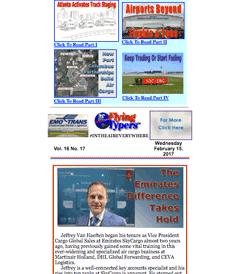 Click To Read Part I |
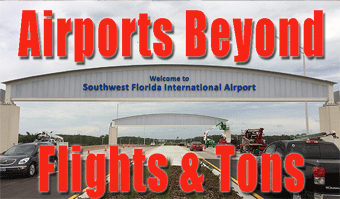 Click To Read Part II |
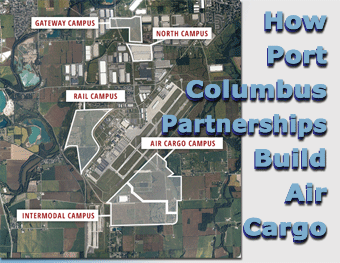 Click To Read Part III |
 |
 #INTHEAIREVERYWHERE |
| Vol. 16 No. 18 | Tuesday
February 21, 2017 |
With
free trade increasingly challenged
on several fronts in recent times
and in the light of recent trends
observed in U.S. trade policies (as
well as in other countries), FIATA
is speaking out to reconvene the benefits
of the open, liberal, and global trading
system which has been built in the
last few decades and has ensured better
living conditions to the vast majority
of humanity. China Speaks Up
China’s President Xi mentioned
at this year’s World Economic
Forum that unrestricted international
commerce promotes a harmony of interests
among nations, increases social welfare,
leads to a more efficient allocation
of resources, in particular if they
are scarce, and spreads innovations
across the globe. Open Markets Matter
“As the OECD explains, open
economies grow faster,” FIATA
said. World Bank Numbers Count
Recently The World Bank reported that
per capita real income grew more than
three times faster for developing
countries that lowered trade barriers
(5.0 percent per year) than other
developing countries (1.4 percent
per year) in the 1990s. Getting Down To Business “FIATA Members take the view that free, facilitated international trade directly contributes to the achievement of the majority of the UN Sustainable Development Goals, in particular 1, 2, 3, 7, 8, 9, 10, 11, 12, 16 and 17.4.” Forwarders Down On The Ground Get It “As principal trade facilitators, freight forwarders and logistic service providers are spurred by free trade and have a key role to play in increasing the sustainable, affordable development of our economies,” FIATA said. How FIATA Forwarders Build World Trade
Forwarders are able to think of supply
and demand in a holistic manner, responsive
to the fact that supply chains do
not stop at national or regional borders
and rarely use one mode of transport
only. Out Of The Box Innovation “Over the years the industry has learned to think out of the box and adapt to challenging forces that range from shifting demand patterns, more complex and global sourcing, changing relationships with shippers, telecommunication, and electronic data processing.” Ease Regulations Not Tighten Them
“Based on the industry’s
resilience there is no requirement
of additional regulation at international
level, while the top intervention
areas that would offer a development
dividend for all countries are infrastructure
policy, research, education, and awareness.
Logistics A Powerful Enabler All Around
“With these elements, logistics
becomes a powerful enabler of prosperity
and the precious ally of good government
in creating happier and more successful
citizens. FIATA The Global Trade Leader
FIATA has been in the front line to
promote the TFA both globally and
at the national level. |
 |
How To Read Change In Africa 2017
In politics, just last month the ECOWAS
region (made up of Western Africans)
ejected the former dictator Yahya
Jemma of Gambia when he refused to
concede to Adam Barrow, who won the
2016 Presidential elections. Opportunity At Every Turn
All of the above impact air transportation
in some form or another. With that
trend continuing you will see more
manufactured goods reaching the shores
of North America. Overlooked Markets
As a continent, Africa is moving in
the opposite direction of BREXIT.
As a continent with a population of
over a billion, there are 54 countries
with roughly over 2,000 languages
and over 200 boarder crossings. This
makes intra-trade extremely difficult
and is the reason why talk of AU passports
and provisions about freedom of movement
for goods, people, and currency is
taking center stage in the African
Union. Without too many hassles, intra-trade
has been growing at a rate of 20 percent
for the last 15 years. This is low
compared to other regions, but has
the potential to increase given the
right backing. Africa In Living Color
Extremely expensive local borrowing
curtails business growth. Only international
businesses with financial stamina
can grow their businesses. Expansion
for local businesses is challenging
despite existing opportunities. |
 |
|
Ten Years Serving Africa
Delta has served Africa since 2006.
Today as part of SkyTeam Cargo,
DL services extend and interface
everywhere in the world with partner
airlines, namely AF/KLM, which has
multiple linkups in Africa.
Experience Counts
“Delta launched its first
African routes—to Johannesburg,
South Africa; Dakar, Senegal; and
Accra, Ghana—in December 2006. It's The Network “Delta offers our cargo customers and freight forwarders more than 200 connecting opportunities throughout the U.S., Latin America, and the Caribbean.“With our network, customers can reach any place in the U.S. and Latin America with just one airway bill.” Bettering Africa Cargo Ahead
“Looking ahead, improvement
in technology is critical to the
continued success of the Africa
market. Air Cargo Is Key
“Air cargo provides speed
and security with transportation.
Where's The Action?
“We continue seeing strong
cargo demand from Ghana and Nigeria
to the U.S. as well as from Johannesburg.
SkyTeam Power
“Delta is a founding member
of SkyTeam, which includes Air France,
KLM, and Kenya Airways.
Success In Africa Depends On...
Gareth Joyce, a native son who holds
a Bachelor of Science in Engineering
from University of Witwatersrand
in South Africa and a Master of
Commerce in Business Management
from Rand Afrikaans University in
South Africa, lays it on the line,
saying: |
 |
With
added focus on Africa during Black
History Month in America, we check
in with SWISS WorldCargo, sharing
an overview from top cargo professionals
on the scene including Alexander
Arafa, Head of Area and Contribution
Management, and Shankar Iyer, Regional
Manager Africa, Middle East, and
India. The Action
“The Eastern part of Africa
has seen faster growth versus central
and West Africa, due to past colonization,
followed with third generation of
Indian and Chinese influx into Kenya
and Tanzania with current and future
activities building infrastructure
projects. Hope Rising
“Africa is a mixed bag of
desire: political stability, good
intra-state relations and connectivity,
and security of goods to facilitate
freight movement. How Air Helps
“Air transportation will help
primarily to bridge the gap due
to lack of safe and stable intra
rail, road, and waterways between
the states.” Change In The Air
“But change is in the air. |
If
You Missed Any Of The Previous 3 Issues
Of FlyingTypers Access complete issue by clicking on issue icon or Access specific articles by clicking on article title |
||
 Vol.
16 No. 15 Vol.
16 No. 15FIATA Adding Record New Numbers Chuckles for February 10, 2017 Nepal Disaster Only A Motion Away Changed Lives - Nepal Disaster Brave Bessie Blazes A Trail Qatar Round Robin Adds Miami |
 Vol.
16 No. 16 Vol.
16 No. 16Weekend On The Moon First Chuckles for February 13, 2017 Second Chuckles for February 13, 2017 American Is Everyone's Valentine Urge To Surge Bounceback 2017 Valentine's And Moonbeams |
|
Publisher-Geoffrey
Arend • Managing Editor-Flossie Arend • Film Editor-Ralph Arend • Special Assignments-Sabiha Arend, Emily Arend • Advertising Sales-Judy Miller |
|
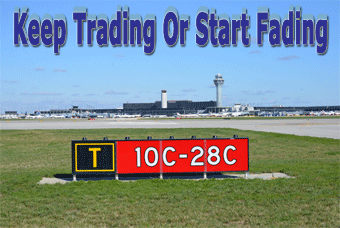



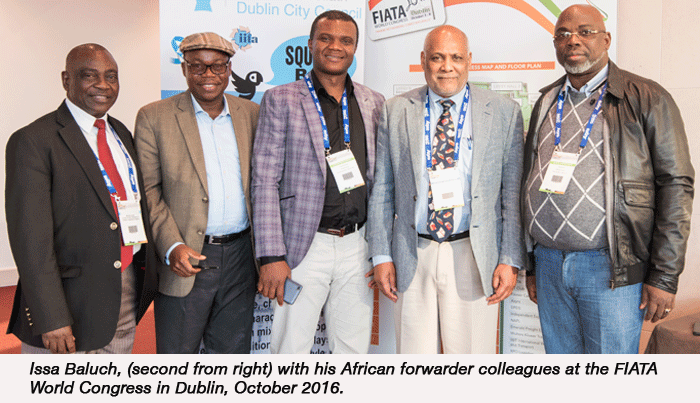
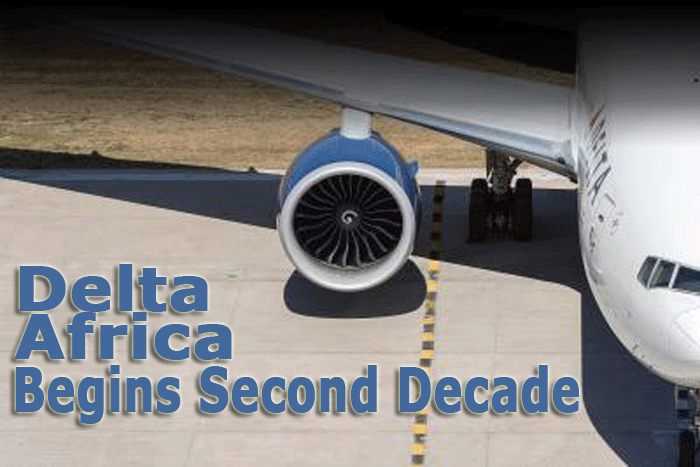
 Often,
the first question asked of an airline
is “where do you fly?”
Often,
the first question asked of an airline
is “where do you fly?”
